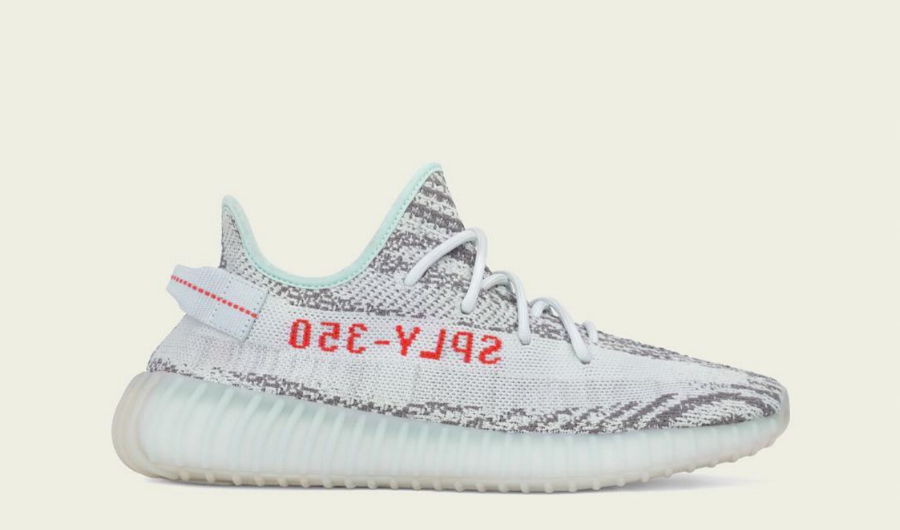
image: Instagram
Adidas and Reebok are taking on the ever-growing number of fakes. But, instead of filing a lawsuit that merely names the (often unknown) operators of specific counterfeit-selling domains as defendants as is customary in such suits, the sportswear giants are going after Instagram sellers, and in doing so, are shedding light on a widespread problem on the Facebook, Inc.-owned social media platform, in which counterfeit-selling accounts are able to pay for sponsored posts to promote their illegal goods in “intentionally or with reckless disregard for [the trademark holders’] rights.”
According to the new trademark suit filed in federal court in Florida last week against 50-plus online sellers, adidas and Reebok allege that “the defendants are promoting, selling, offering for sale and distributing substantial quantities [of footwear and other goods] bearing counterfeit [trademarks].” The goods at issue, per adidas and Reebok, are “substantially different” in terms of quality “than those of [adidas and Reebok’s] respective, genuine goods” and are serving to “confuse” consumers both at the point of sale and after the fact.
The defendants – which are of “unknown makeup,” but likely China-based – are “advertising [and selling] these goods … through the simultaneous operation of, at least, one Internet e-commerce store or social media account via the Internet marketplace websites or social media platform eBay.com, Bonanza.com, iOffer.com, or Instagram.com” with the “knowledge and intent that such goods will be mistaken for the genuine quality goods offered for sale by adidas and/or Reebok.”
In furtherance of the defendants’ larger system of selling counterfeits, adidas and Reebok allege that the individual sellers – which hide behind “seller identification aliases, such as Sneakermaster666 and Kith1435 – are using their “famous names and trademarks [including by way of hashtags] to drive Internet consumer traffic to their e-commerce stores or social media accounts operating under the Seller IDs, thereby increasing the value of the Seller IDs and decreasing the size and value of [adidas and Reebok’s] legitimate marketplace at [the sportswear brands’] expense.”
What may be the most interesting aspect of adidas and Reebok’s multi-million lawsuit is that the footwear behemoths specifically call foul on how “as part of their overall infringement and counterfeiting scheme, the defendants are all employing and benefitting from substantially similar, paid advertising and marketing strategies” both “within search engine results” and on social media.
The lawsuit comes amidst widespread attention to the growing number of counterfeit-centric posts on Facebook, Inc.’s platforms, including sponsored content that sellers pay Instagram to post. The Washington Post revealed in 2016 that Instagram facilitates the sale of about $29 billion in counterfeit goods, with buzzy “of the moment” brands, such as Yeezy and adidas, proving to be the target of widespread counterfeiting efforts on social media platforms like Instagram.
Adidas and Reebok are seeking $2 million from each of the 53 defendants for each counterfeit trademark used, giving rise to a $106 million-plus damages claim.
* The case is Adidas Ag, Adidas International Marketing B.V., Adidas America, Inc., Reebok International Limited, v. 2cn0931, 8.59492, Afwg0654-4, Bangleicui2017, Bebet02, Cardcrash613, Cm5566, Css5668, Di.Prama, et al, 0:18-cv-60758-MGC (S.D. Fla).











